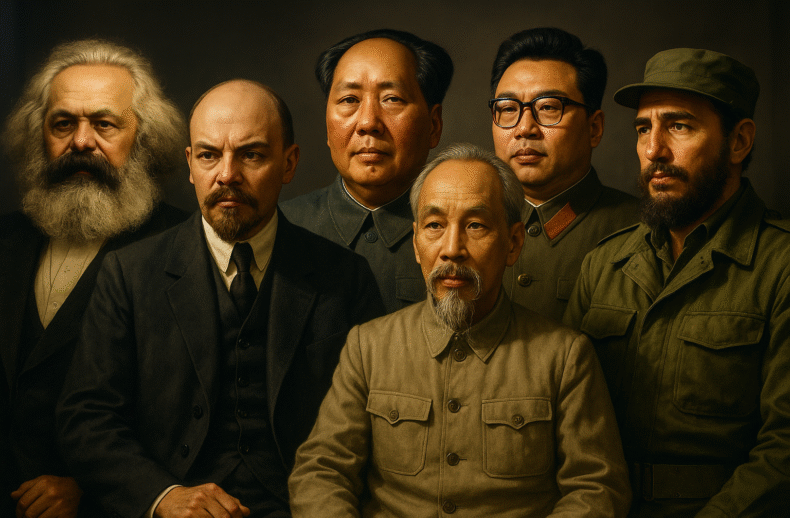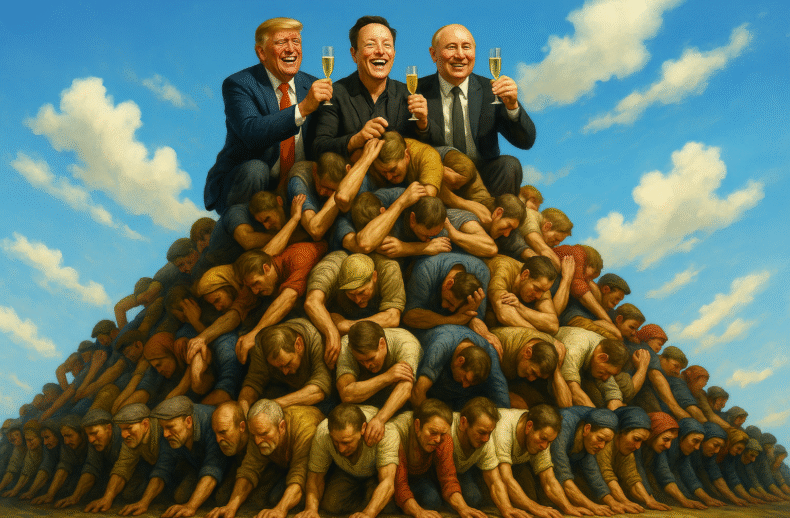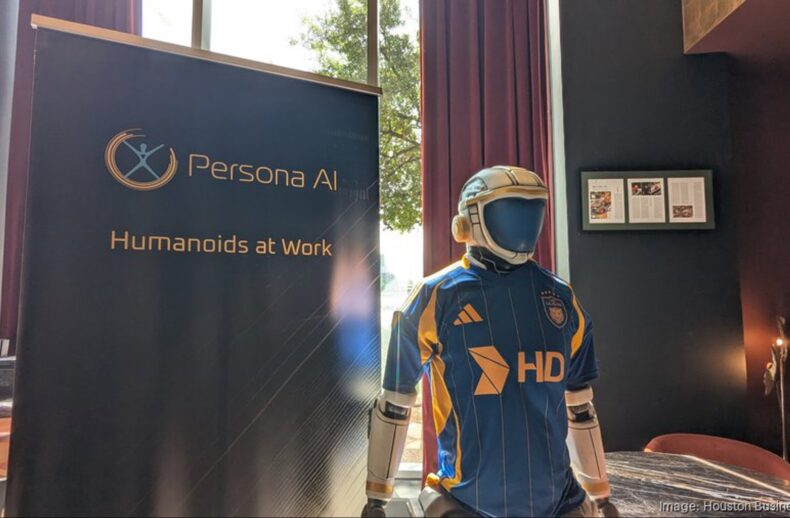Capitalism exploits. Communism suppresses. Neo-communism reintroduces capitalism—and exploitation returns. This essay argues that no political system has yet escaped the human recognition loop: the deep psychological need for validation, status, and applause. Until we recondition the human substrate and build post-performative structures, every ideology will decay into hierarchy and manipulation. A viable future begins not with a new system—but with new humans.





